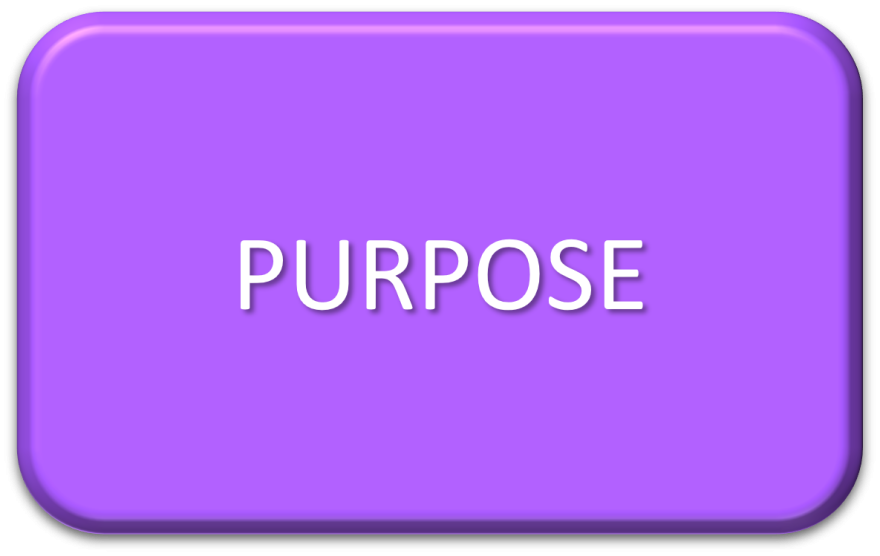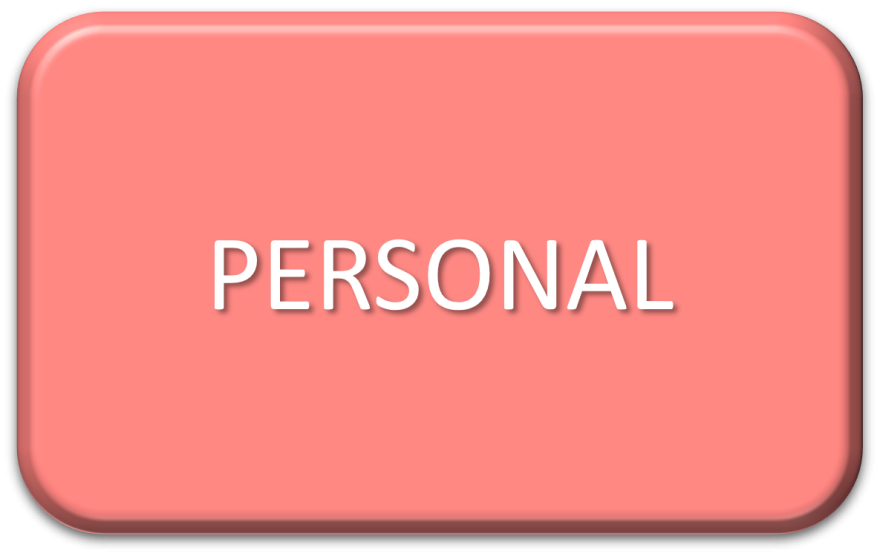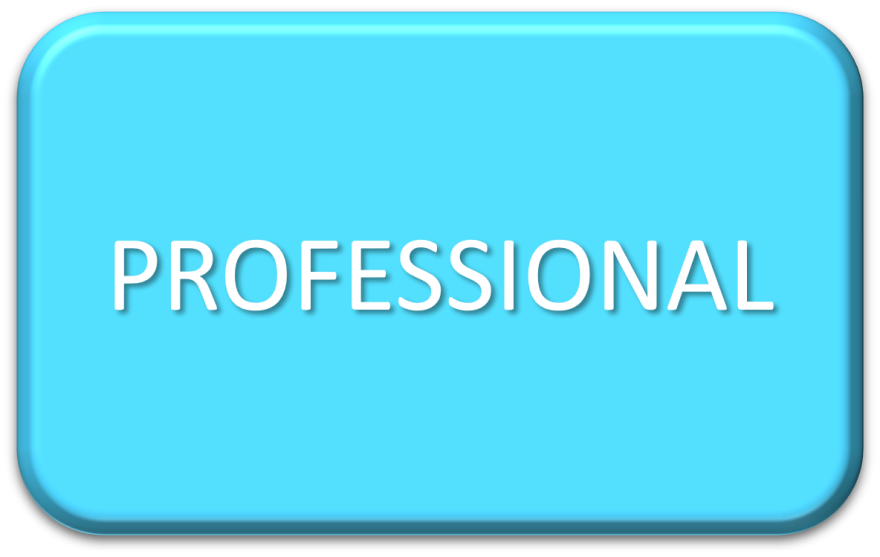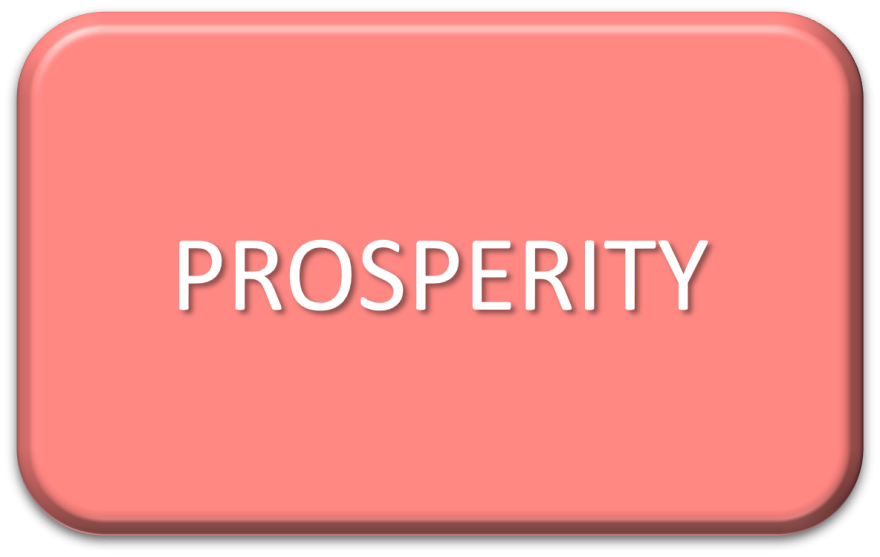ABCDE Pharmacist Coach Academy 6Ps
Develop Your Pharmacists' Supervision, Management and Leadership with
4Front's 6Ps of Positive Practice
4Front's Pharmacist Coach Academy, and other bespoke programmes are uniquely designed to simultaneously enhance pharmacists' core competencies, coaching competencies, health & wellbeing competencies and leadership competencies, through 4Front's 6Ps of Positive Practice, ABCDE™ Strategic Change Framework and wealth of coaching tools, techniques and approaches.
Reference: PSI Core Competency Framework for Pharmacists, updated 2023
|
|
Pharmacy Care Duties include: | In addition to the Pharmacy Care duties, Pharmacy Supervision, Management and Leadership Pharmacist Duties include: |
|
The deeper reason behind what we do - the 'why' that fuels our actions and contributes to something greater than ourselves. |
|
|
|
The deliberate and continuous process of developing oneself to reach their fullest potential, both personally and professionally |
|
|
|
The systems, processes and environment that foster the ongoing process of acquiring, honing and integrating the knowledge, skills and competencies to excel in one's profession. |
|
|
|
People leadership is the art and science of cultivating engaged and high performing individuals and teams within an organisation, and positively influencing stakeholders who interact with the organisation, such as patients, carers, suppliers and other healthcare professionals. |
|
|
|
Delivering exceptional products and services, tailored to meet the needs of customers and their health and wellbeing. |
|
|
|
includes financial success, time freedom and individual and collective flourishing in health, wealth and happiness. A prosperous environment is one where everyone has the opportunity to grow and succeed. |
|
Self-Leadership & Self Management, empowered by Coaching, Health & Wellbeing
|
The deeper reason behind what we do - the 'why' that fuels our actions and contributes to something greater than ourselves. |
There are increasing numbers of studies indicating the connection between a stronger sense of purpose, health benefits and overall quality of life. Leaders in the evidence-based field of positive psychology identify purpose as a cornerstone of happiness, flow, optimal experience & a life well-lived. In a healthcare work environment, fostering a purpose-driven practice environment has been shown to unlock numerous benefits, including increased job satisfaction, higher employee engagement, a stronger positive practice culture and greater innovation. On the other hand, we pay the price for misalignment through increased stress, reduced motivation & job satisfaction and increasingly negative practice environments. Especially as leaders and managers, consciously aligning our own sense of purpose, with our profession's purpose and the purpose of the organisation in which we work, and leading from a place of increasing integrity, has a positive ripple effect throughout our personal, professional and business life. Coaching provides the space to consciously and proactively focus attention to intentionally align and re-align our mission, vision, values and purpose with our goals and actions, reaping personal, professional and organisational health benefits. |
|
The deliberate and continuous process of developing oneself to reach their fullest potential, both personally and professionally |
As healthcare professionals, we need the health and vitality to sustainably fulfil our demanding roles, day-in, day-out. Recent studies show that pharmacists are at especially high risk of succumbing to occupational signs and symptoms of chronic stress and burnout such as
Despite the myriad of systemic factors which increase our risk of burnout, there are also protective factors proven to help us mitigate the risk and create positive practices and positive environments. Executive and team coaching is effective at empowering pharmacy leaders and their teams to create increasingly positive practices by equipping them with the mindset and skillset to identify and sequentially eliminate negative practices and replace them with evidence-based positive practices. |
Leading & Managing Others, with Coaching Skills
|
People leadership is the art and science of cultivating engaged and high performing individuals and teams within an organisation, and positively influencing stakeholders who interact with the organisation, such as patients, carers, suppliers and other healthcare professionals. |
Even when pharmacist education includes leadership and management training, leadership best practice is continually evolving at a rapid pace. Many of the competencies that pharmacists must continually develop as supervisors, managers and leaders are coaching core competencies. Global and healthcare environments are becoming increasingly complex. Individuals and teams are increasingly unwilling to put up with outdated leadership styles and expect leaders and managers who enable their growth & development and provide a safe, innovative, intellectually challenging work environment. Leaders, who lead with coaching (competencies below), have been show to
The World Health Organization identifies relationships with family, friends and colleagues as a key determinant of health and wellbeing for ourselves and our patients. Coaching provides transferrable skills that enrich both personal and professional relationships, benefiting health & wellbeing at home and at work. |
Reference: ICF Core Competency Framework for Coaching Skills, updated, 2021)
|
Domain |
Competency |
|
Foundation |
1. Demonstrates Ethical Practice Definition: Understands and consistently applies coaching ethics and standards of coaching |
|
2. Embodies a Coaching Mindset Definition: Develops and maintains a mindset that is open, curious, flexible and client-centred |
|
|
Co-Creating the Relationship |
3. Establishes and Maintains Agreements Definition: Partners with the client and relevant stakeholders to create clear agreements about the coaching relationship, process, plans and goals. Establishes agreements for the overall coaching engagement as well as those for each coaching session. |
|
4. Cultivates Trust and Safety Definition: Partners with the client to create a safe, supportive environment that allows the client to share freely. Maintains a relationship of mutual respect and trust. |
|
|
5. Maintains Presence Definition: Is fully conscious and present with the client, employing a style that is open, flexible, grounded and confident. |
|
|
Communicating Effectively |
6. Listens Actively Definition: Focuses on what the client is and is not saying to fully understand what is being communicated in the context of the client systems and to support client self-expression |
|
7. Evokes Awareness Definition: Facilitates client insight and learning by using tools and techniques such as powerful questioning, silence, metaphor or analogy. |
|
|
Cultivating Learning and Growth |
8. Facilitates Client Growth Definition: Partners with the client to transform learning and insight into action. Promotes client autonomy in the coaching process. |






